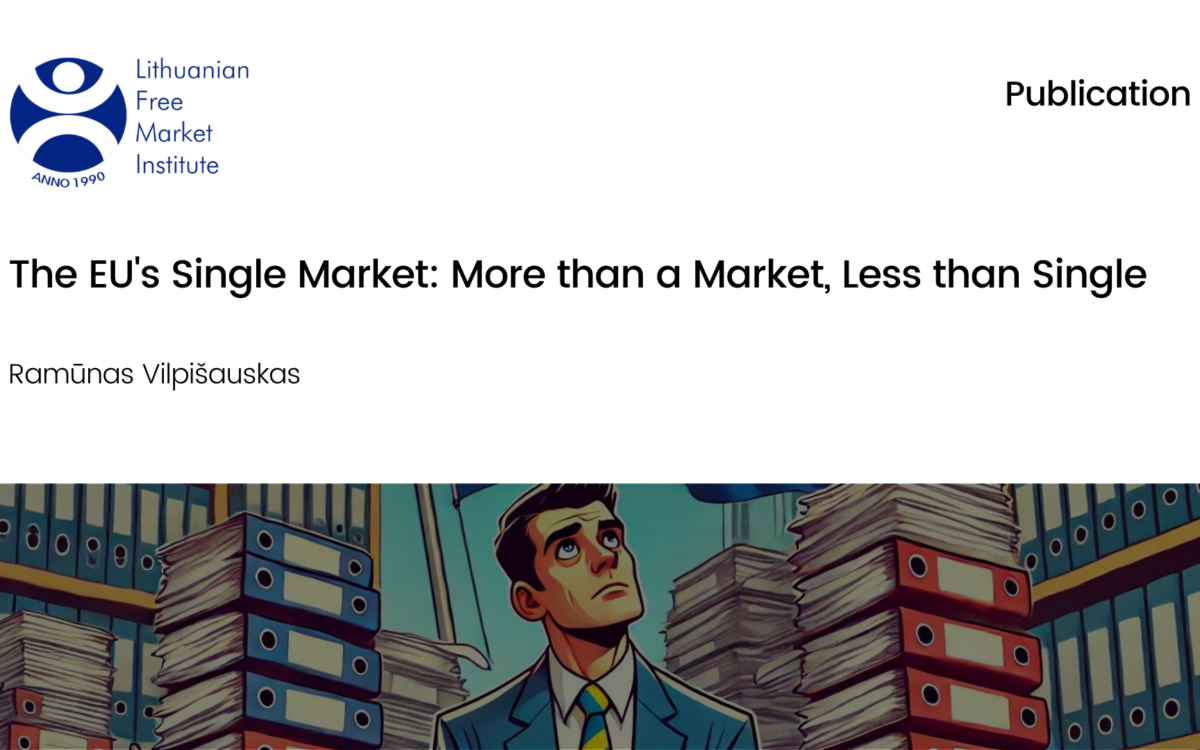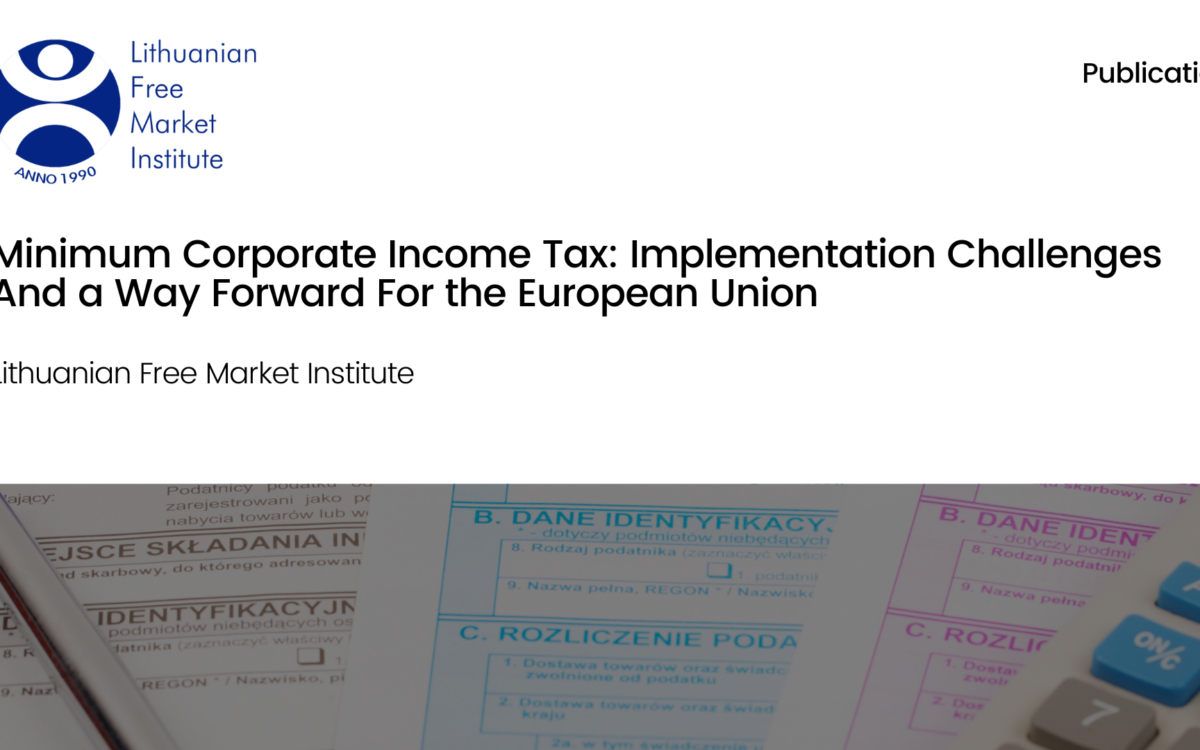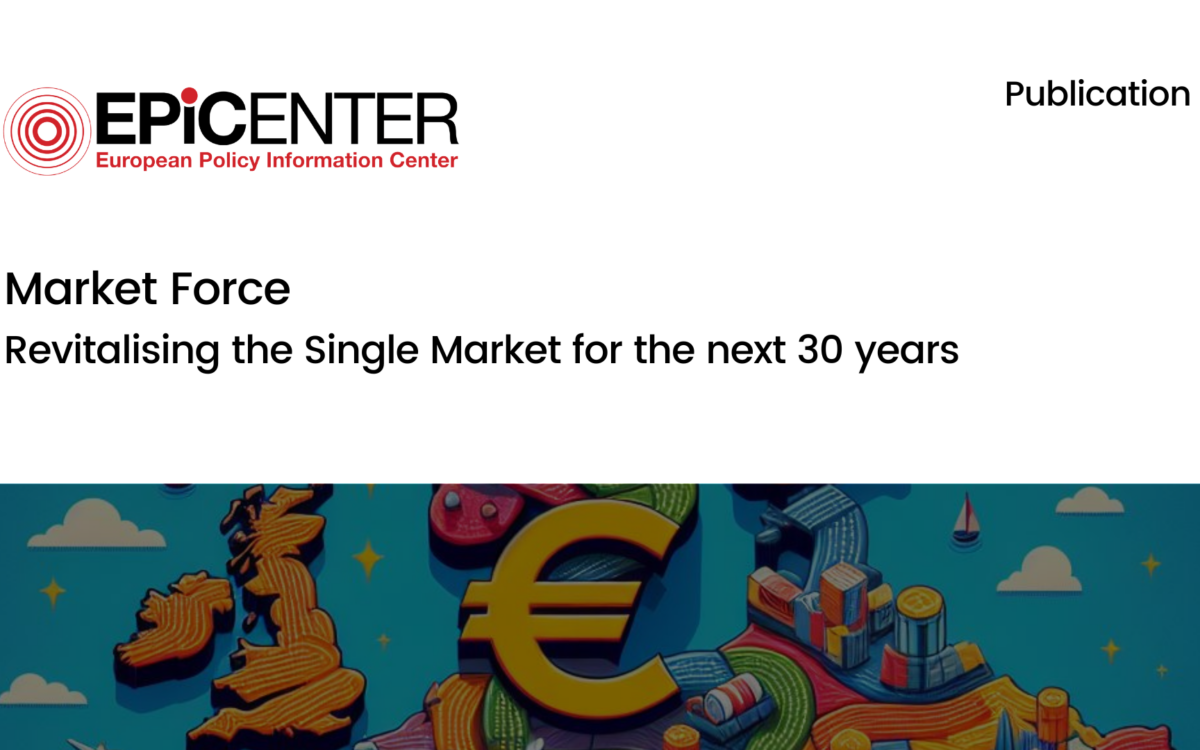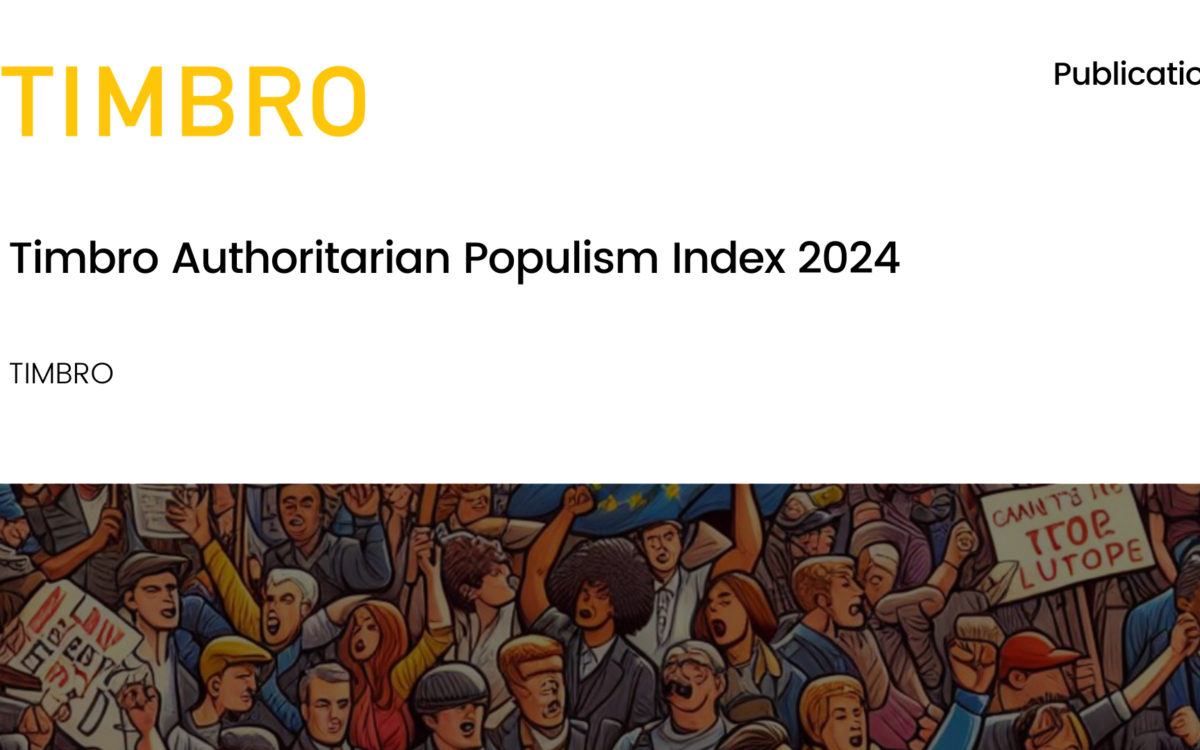Changing The Rules: A Unilateral Approach To Non-tariff Barriers

Changing The Rules: A Unilateral Approach To Non-tariff Barriers
Victoria Hewson
14 February 2022
From 2023, all EU goods destined for the UK market will need to be certified with a new regulatory customs mark, recognising the regulatory independence of the UK from the EU.
This paper argues that Britain must act defiantly in the interest of consumers and free trade and prevent the imposition of costly regulatory barriers to trade. It must embrace a new radical free trade policy: unilateral recognition of EU rules should continue, even if the EU still declines reciprocity. Regulatory barriers or ‘non-tariff’ barriers place a significant cost on imports, with anti-competitive and distortive effects raising costs for consumers and stifling innovation. Non-tariff measures, like goods regulations and certification requirements, are as bad or, in some cases, worse barriers to international trade than tariffs are. The cost of non-tariff barriers could be equivalent to a tariff of up to 20 per cent on some goods.
Recognition of regulations should, therefore, be considered just as important as tariff elimination.
Download or share this publication
View the PDF
EPICENTER publications and contributions from our member think tanks are designed to promote the discussion of economic issues and the role of markets in solving economic and social problems. As with all EPICENTER publications, the views expressed here are those of the author and not EPICENTER or its member think tanks (which have no corporate view).



